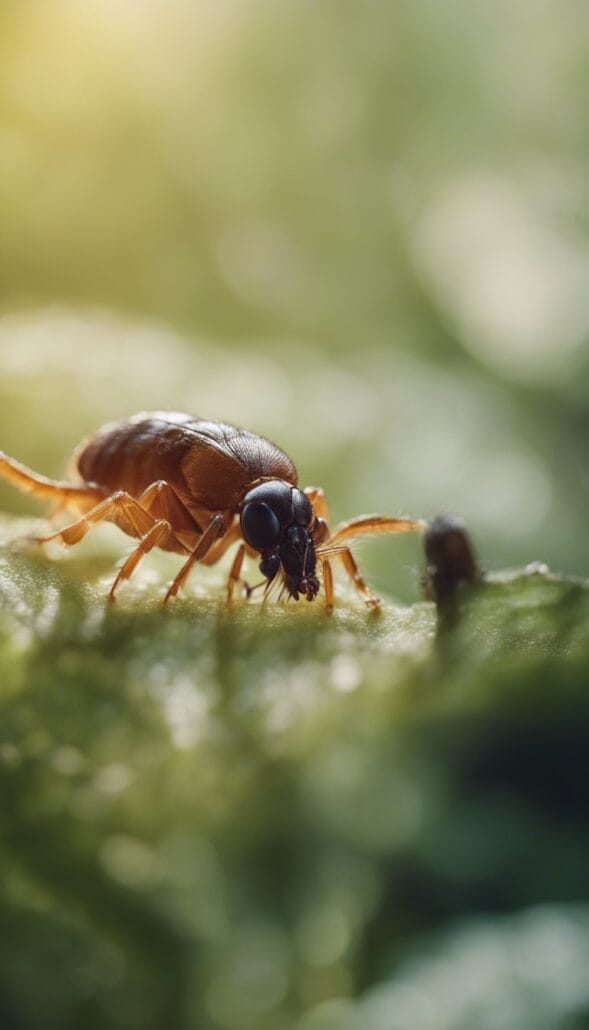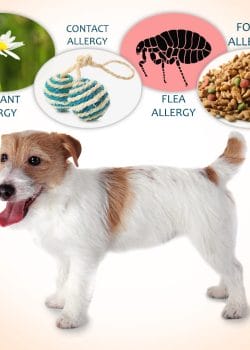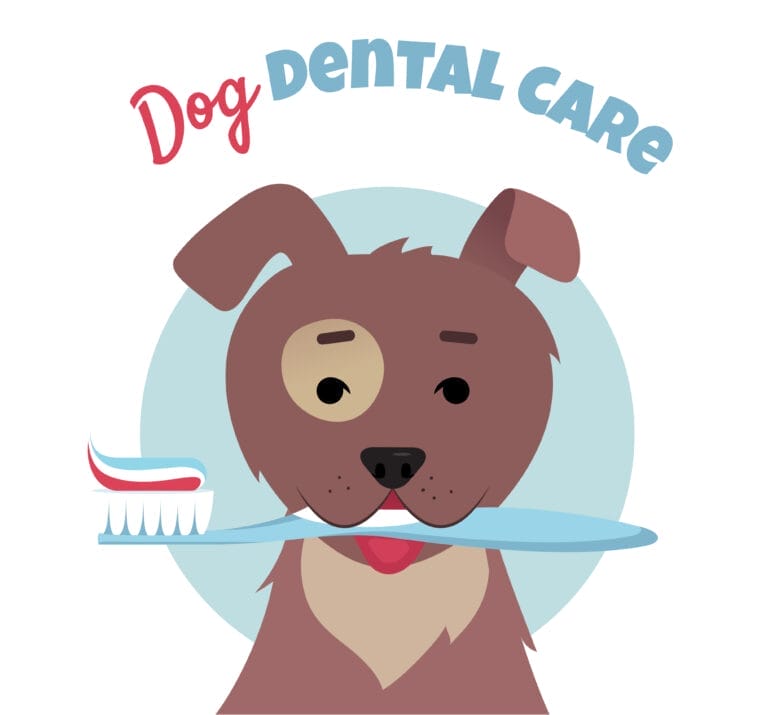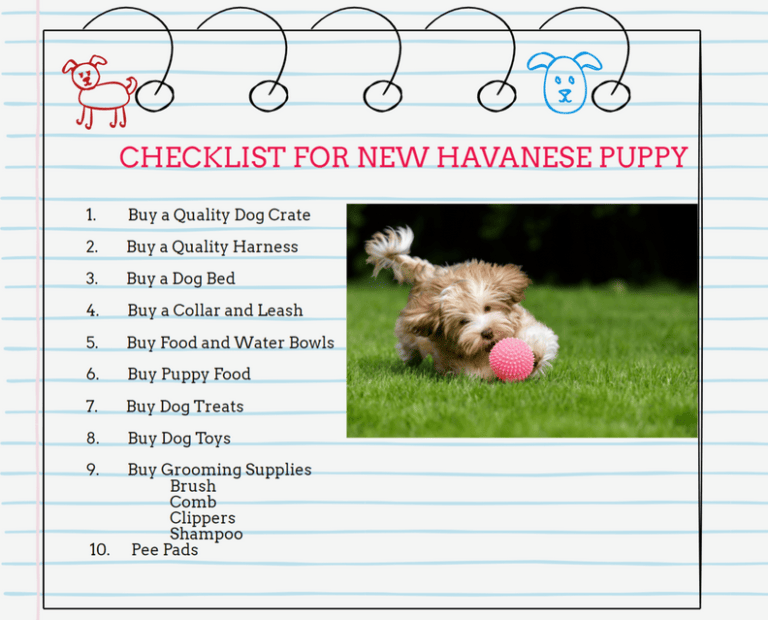
Common Causes of Havanese Allergies
There are several common causes of allergies in Havanese dogs. Environmental allergens such as pollen, dust mites, and mold can trigger allergic reactions. Food allergies can also be a culprit, with certain ingredients like beef, chicken, wheat, and soy causing adverse reactions. Flea allergies are another common cause, as some dogs are hypersensitive to flea saliva. Lastly, contact allergies occur when a dog’s skin comes into contact with certain substances like cleaning products or fabrics.
Symptoms of Havanese Allergies: What to Look For
It is important for Havanese owners to be aware of the symptoms of allergies in their dogs. Common signs include itchy skin, redness and inflammation, excessive scratching or licking, hair loss, ear infections, and digestive issues such as vomiting or diarrhea. These symptoms can vary in severity depending on the individual dog and the specific allergen involved.
How to Diagnose Havanese Allergies
If you suspect that your Havanese has allergies, it is important to consult with a veterinarian for a proper diagnosis. Skin tests and blood tests can be conducted to identify specific allergens. In some cases, an elimination diet may be recommended to determine if food allergies are the cause. Allergy shots, also known as immunotherapy, can be used to desensitize the dog to specific allergens over time
Havanese Health, Coping with Allergies and Sensitivities
Being a dog owner comes with many responsibilities, including taking care of your furry friend’s health. Just like humans, dogs can also experience allergies and sensitivities that can affect their overall well-being. In this article, we will discuss the common allergies and sensitivities that Havanese dogs may face and how to cope with them.
Havanese dogs are known for their friendly and affectionate nature, making them popular pets among dog lovers. However, this breed is not exempt from developing allergies and sensitivities that can cause discomfort and health issues. As a responsible Havanese owner, it’s crucial to understand the potential allergens and sensitivities that your dog may encounter.
Food Allergies

One of the most common allergies in dogs is food allergies. Havanese dogs may be allergic to certain ingredients in their food, such as beef, chicken, dairy, or grains. The symptoms of food allergies can vary from mild to severe and may include:
- Itching
- Skin rashes
- Gastrointestinal issues
- Ear infections
If you suspect that your Havanese has a food allergy, consult with your veterinarian to determine the allergenic ingredient and switch to a hypoallergenic diet.
Environmental Allergies

Havanese dogs can also be sensitive to various environmental allergens such as pollen, dust mites, mold spores, or even certain cleaning products. Common symptoms of environmental allergies include:
- Itching
- Sneezing
- Watery eyes
- Respiratory issues
To minimize exposure to these allergens, ensure that your home remains clean and dust-free. Here are some tips:
- Regularly vacuum carpets
- Wash bedding in hot water
- Use air purifiers to filter out allergens from the environment
Contact Allergies
Havanese dogs may develop contact allergies when they come into direct contact with certain substances such as certain plants, cleaning agents, or fabrics. Contact allergies can cause:
- Redness
- Itching
- Skin rashes
To prevent contact allergies, be mindful of the products you use around your dog and avoid exposing them to potential irritants. If your Havanese shows signs of a contact allergy, consult with your veterinarian for proper treatment and avoid further exposure to the allergen.
Sensitivities to Fleas and Tick Bites

Fleas and ticks are not only a nuisance but can also cause allergic reactions in dogs. Havanese dogs can be sensitive to flea bites, resulting in excessive itching, scratching, and even hair loss. Here are some preventive measures:
- Regularly check your dog for fleas and ticks, especially during the warm months
- Use preventive measures such as flea and tick collars or monthly spot-on treatments
Seasonal Allergies
Just like humans, dogs can experience seasonal allergies triggered by common allergens like grass, tree pollen, or ragweed. Seasonal allergies can cause symptoms such as:
- Itching
- Sneezing
- Watery eyes
Talk to your veterinarian about potential allergy medications or antihistamines that can relieve your Havanese’s discomfort during allergy season.
Coping with Allergies and Sensitivities
Internal Support:
Consider giving your Havanese Native Pet Allergy Chews during allergy season to support their immune system. These air-dried chews are packed with anti-inflammatory properties and can help maintain a healthy gut, providing internal support against allergies.
Bathing Tips:
Balance is important when bathing your dog during allergy season. Keep their skin clean while preserving natural oils that protect the skin. Follow these tips:
- Use a hypoallergenic shampoo without perfumes and dyes to minimize skin irritation.
- Limit bathing to once every 4 weeks to allow the skin to heal naturally.
Paw Care:

Give your Havanese’s paws extra care during allergy season:
- Use wet wipes to clean their paws when they come inside to reduce allergen exposure.
Consult with your veterinarian:
If you suspect allergies or sensitivities in your Havanese, consult with your veterinarian for an accurate diagnosis and treatment plan. Allergy tests, dietary changes, or medications may be recommended.
Maintain a clean environment:
Regularly clean your home to minimize allergen exposure. Vacuum carpets, wash bedding and toys, and use allergen-proof covers on your dog’s bed to reduce dust mites.
Monitor your Havanese’s diet:
Work with your veterinarian to find a suitable hypoallergenic diet if your dog has food allergies. Avoid feeding table scraps or introducing new foods without consulting your vet beforehand.
Practice proper grooming:
Regular grooming helps minimize allergies. Brush your dog’s coat frequently, keep their ears clean, and consider using a hypoallergenic shampoo during baths to alleviate skin irritations.
Follow preventive measures:
Use preventive treatments recommended by your veterinarian to protect your Havanese from fleas, ticks, and other parasites.
Medications for Havanese Allergies: Pros and Cons
Medications can help manage Havanese allergies, but they come with potential side effects and risks. Work closely with your veterinarian to determine the most appropriate medication and dosage for your Havanese, considering their individual needs and health conditions.
Natural Remedies for Havanese Allergies
Natural remedies can be used to manage Havanese allergies, but their effectiveness may vary. Oatmeal baths, coconut oil, and herbal supplements like chamomile and nettle can provide relief. Consult with a veterinarian before using any natural remedies on your Havanese.
The Three Stages of Severity of Seasonal Dog Allergies
Seasonal allergies can be categorized into three stages:
- Stage 1: Itchy skin primarily in the lower half of the body. Lasts about a month or two during allergy season.
- Stage 2: More severe and longer-lasting allergies. Difficulty sleeping and increased risk of secondary complications like skin infections.
- Stage 3: Rare, but extremely severe allergies. Consult a veterinary dermatologist for testing and a personalized treatment plan.
Treating Seasonal Allergies
- Stage 1: Over-the-counter treatments like omega fatty acids, anti-fungal shampoos, and anti-itch sprays can provide relief.
- Stage 2: If over-the-counter treatments aren’t effective, consult a veterinarian for prescription medications and cortisone sprays.
- Stage 3: Consult a veterinary dermatologist for allergy testing, personalized treatment plans, and possible injectable anti-allergy serums.
In conclusion, it’s important to be aware of allergies and sensitivities in Havanese dogs. By understanding the symptoms and taking preventive measures, you can provide a comfortable and healthy life for
- About the Author
- Latest Posts

Sara is a passionate writer and an avid lover of Havanese dogs. With several years of experience in dog training, breeding, and care, she has developed a deep understanding and admiration for the Havanese breed. Sara’s mission is to provide valuable insights, resources, and tips to help Havanese dog owners provide the best possible care and nurturing for their beloved pets.








